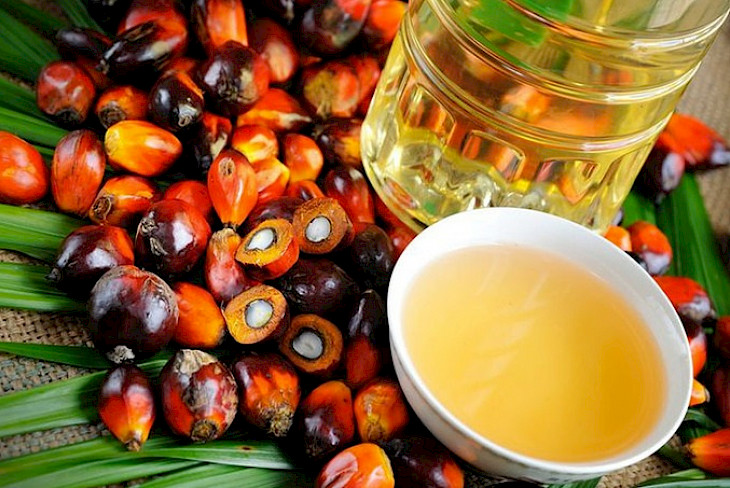Uzbekistan is introducing a mandatory laboratory testing requirement for palm oil and products containing palm oil and trans fats. This is stated in a presidential decree issued on January 30, Gazeta.uz reports.
Starting March 1, all imported palm oil, as well as products containing palm oil and trans fatty acid isomers (trans fats)—including milk and dairy products—must undergo mandatory testing in accredited laboratories as part of the sanitary-epidemiological certification process.
The inspections will be conducted in accordance with current technical regulations and standards.
Additionally, domestic control over the use of palm oil in food products will be strengthened. Regulatory authorities will conduct inspections at enterprises engaged in production, transportation, storage, and sale of food products.
How Much Palm Oil Does Uzbekistan Import?
Chairman of the Chamber of Commerce and Industry Davron Vakhabov noted on December 10, 2024, after meeting with the president, that confectionery manufacturers had requested duty exemptions for palm and coconut oil imports from Indonesia and Malaysia in 2022, along with other raw materials not produced in Uzbekistan.
At the time, the president approved these exemptions, but they expired on January 1, 2025. To support manufacturers, Shavkat Mirziyoyev approved extending the exemptions for another two years, Vakhabov stated.
Uzbekistan began importing palm oil in the 2000s, initially at around 5,000 tons per year. Between 2016 and 2018, imports reached 50,000 tons annually. In January–May 2019, imports totaled 31,000 tons.
However, recent figures show a decline. According to the Customs Committee, in 2024, imports fell by nearly 40% year-on-year—from 39,700 tons to 24,200 tons. The value of imports also dropped by 46%, down to $27 million. Sunflower oil imports also decreased by 3.5%, totaling 294,100 tons, with a total value of $265.2 million.
The Harm of Palm Oil
The Yuksalish National Movement, citing the European Food Safety Authority (EFSA) and the Joint FAO/WHO Expert Committee on Food Additives (JECFA), has warned about the potential dangers of palm oil.
Palm oil obtained through hydrogenation (a process that turns liquid fats into solid fats by adding hydrogen atoms) is the cheapest and lacks beneficial nutrients. During refining at high temperatures, it generates large amounts of harmful substances.
Palm oil contains up to 45% palmitic acid, and excessive consumption of this can lead to the accumulation of fatty plaques in blood vessels, increasing the risk of atherosclerosis. Atherosclerosis, in turn, is a major risk factor for cardiovascular diseases.
Due to its low cost, palm oil is widely used in ice cream, confectionery, butter, and other food products.
CentralasianLIGHT.org
February 3, 2025

